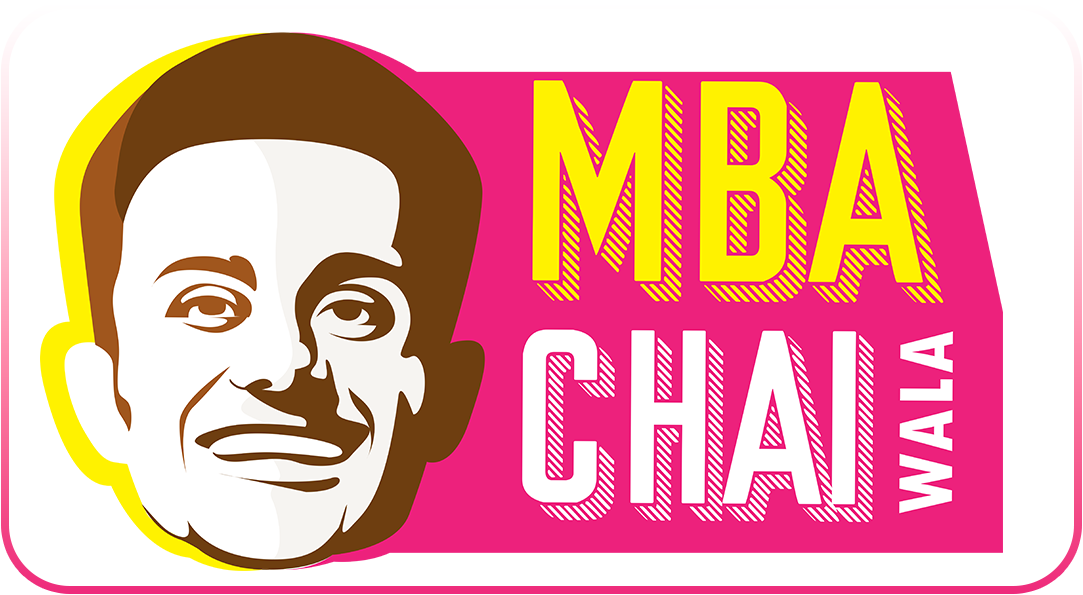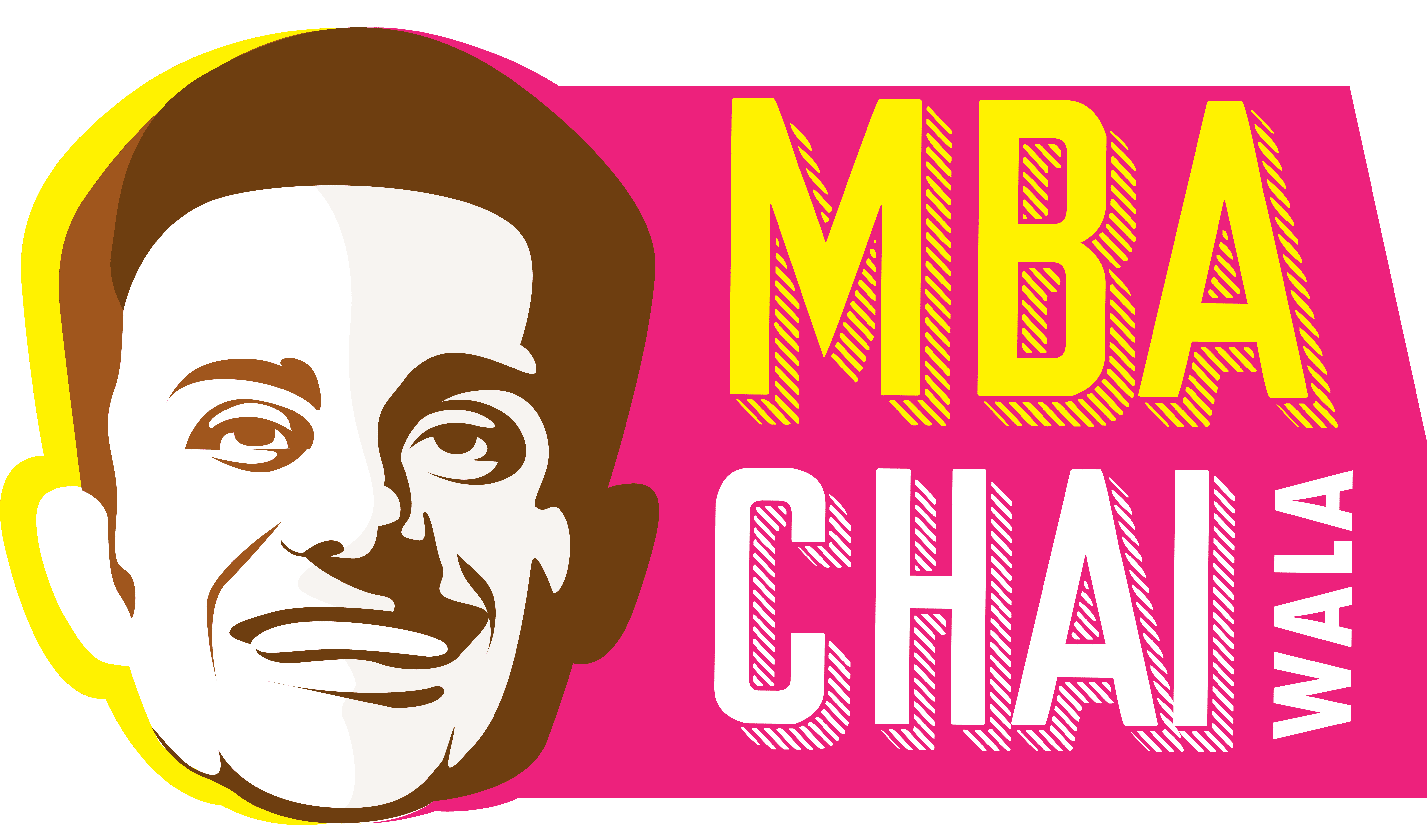FRANCHISE BUSINESS QUESTIONNAIRE
Who is called franchisor?
The “franchisor” is the person or corporation that owns the trademarks and business model. The franchisor licenses the use of the trademark and business model to the franchisee, usually in exchange for an upfront payment and ongoing royalty payments.
Who is called franchisee?
The “franchisee” is the person or Corporation that owns and operates the business using the trademark and business model system licensed from the franchisor.
What is the difference between franchisor and franchisee?
While a franchisor is an established entrepreneur with a licensed business model, a franchisee is a person or corporation that owns and operates the business using the business model licensed by the franchisor.
How does franchise work?
A franchise enables you, the investor or franchisee, to operate a business. You pay a franchise fee and get a format or system developed by the company (franchisor), the right to use the franchisor’s name for a specific number of years, and assistance.
What Is Franchisee Business?
A franchisor sells the right to open stores and sell products or services using its brand, expertise, and intellectual property. It is the original or existing business that sells the right to use its name and idea.
Franchising is a business relationship between two entities wherein one party allows another to sell its products and intellectual property. For example, several fast food chains like Domino’s and Mcdonald’s operate in India through franchising.
Relationship; the relationship between a franchisee and a franchisor is inherently one of advisee and advisor. The franchisor provides guidance and support concerning general business strategies such as hiring and training staff, setting up shop, advertising its products or services, sourcing its supply, and so on.
What is the minimum amount to start a franchise? The cost to start a franchise can vary significantly depending on the specific franchise business and the industry segment where you plan to open your business.
Is a franchisor an owner? No, the franchisor is the entity that owns the intellectual property, patents, and trademarks of the brand or business being franchised. A franchisee buys the right to operate a location of the franchisor.
How to start a franchise?
Research Franchises, Evaluate Opportunities, Evaluate Costs, Draft a Business Plan, Get the Franchise License Agreement, Form a Business Entity, Choose Your First Business Space, and Hire Employees.
Do franchisors make money? A franchisor makes money from royalties and fees paid by the franchise owners. A franchise owner makes money through profits received from sales and service transactions. This is generally the leftover amount of money received from revenue after overhead costs are taken out.
Is franchise ownership risky? It can be risky to open a franchise — just like it is with starting any business — but with the right preparation and due diligence, the risk level can be significantly lowered.
Franchisees Obligations and Restrictions; (1) Franchisees must devote continuous best efforts to the development, management, and operation of their business. (2) Franchisees may not conduct any other business or activity at the restaurant without the franchisor’s prior written approval. They may sell only products approved by the franchisor and they must offer for sale the full menu prescribed by the franchisor.
Can a franchise lose money?
A failed franchise hurts the franchisor. Of course, if things don’t go well, the franchisee and the franchisor both lose money. The franchisor’s losses include money that was not recovered from initial training and supporting the franchisee, plus the loss of royalty fee that the franchisee unit failed to produce. A closed unit also reduces the amount of operating sum available to the franchisor to cover ongoing costs, and while it adds another unit to the franchisor’s sales inventory, it may impede the franchisor’s ability to sell franchises because prospective franchisees will become aware of the failure.
Franchisee Loses; Franchisee losses may be more than obvious which include all the money that you invested, including the franchise fee and all the start-up costs, such as payments to the landlord, professional advisors, and suppliers. And unfortunately, your losses may not end when you shut down your business.
Closing your unit may be a breach of the franchise agreement and may trigger the payment of liquidated damages. After taking the unit off the market and selling it to you, the franchisor expected you to succeed. Now that you’ve failed, and breached the contract, the franchisor may hold you responsible for ongoing fees, such as monthly royalties and advertising fees, and for royalties fees that were anticipated from your unit.
By selling the business—even at a discounted price—you may be able to curtail these obligations, but that, too, depends on the franchise agreement and, of course, the successful sale of the business. There may not be a market for your failed unit, even at a steep discount.
Be sure you understand the franchise agreement
No one buys a franchise with the idea that they’re going to fail, but failures occur. That’s why it’s important to review the details of a franchise agreement before you make a commitment to the franchisor. The best way to understand the agreement is to consult with an attorney.
Is franchise fee refundable in India?
Fees and royalty clause; this clause mentions the non-refundable franchise fees which the franchisee has to make to the franchisor and also the one-time fees if any. The royalty clause is the non-refundable portion of the payment (usually in percentage) that the franchisee is obliged to make to the franchisor.

